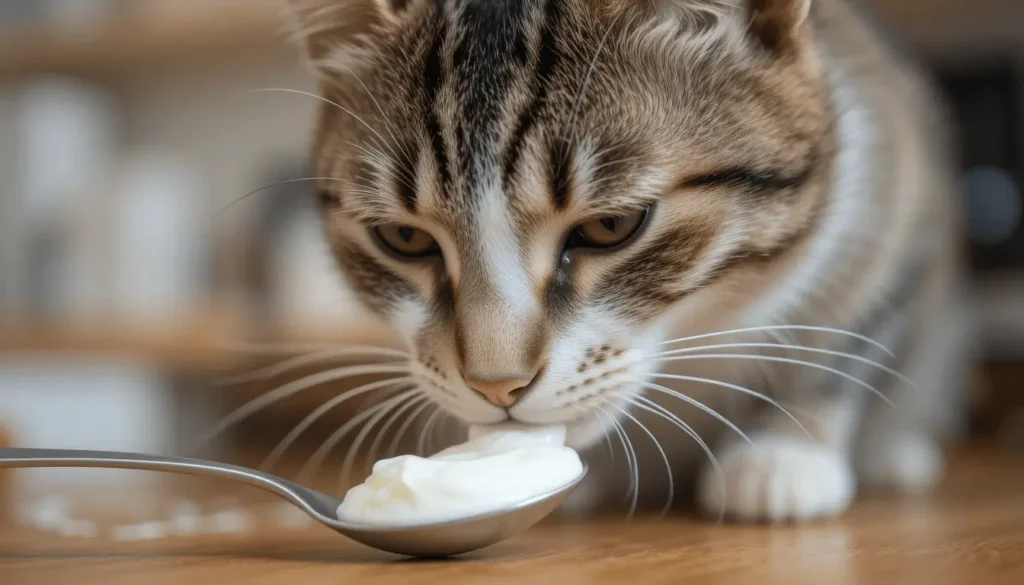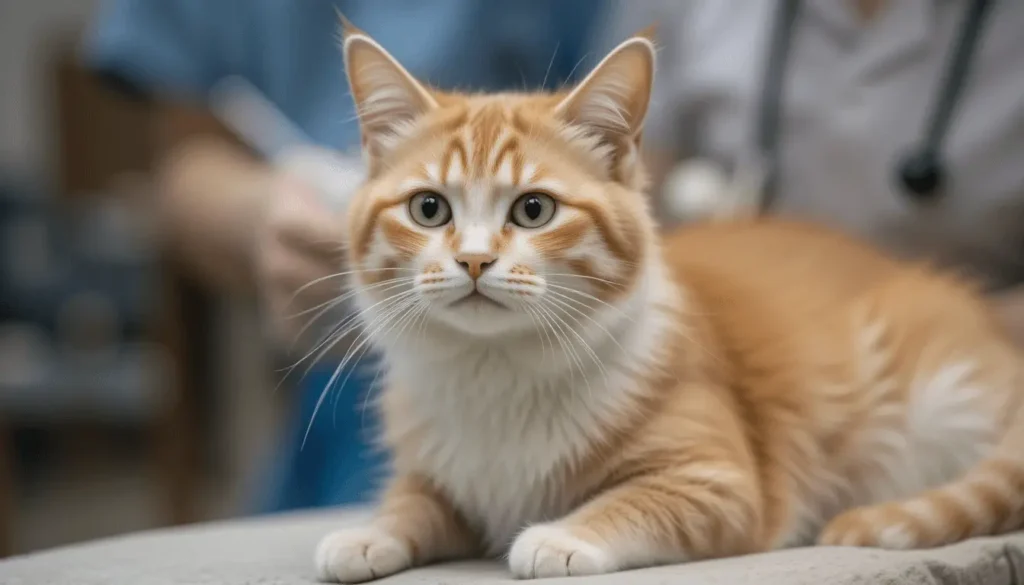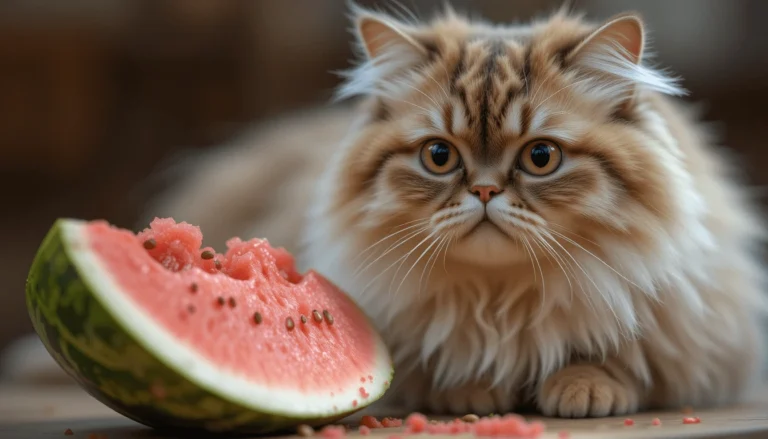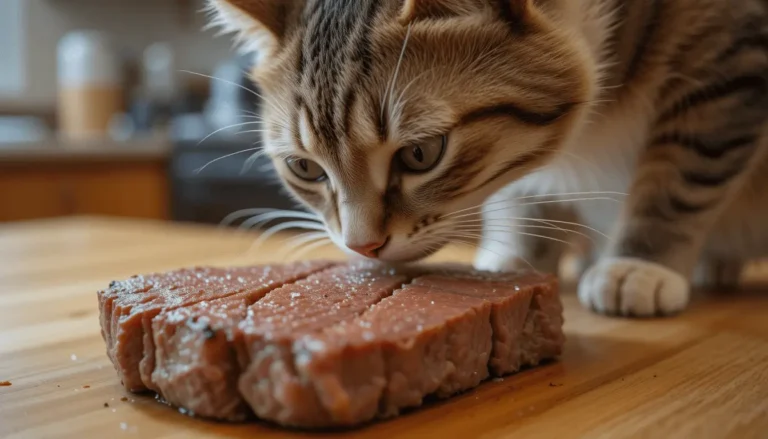Can Cats Eat yogurt? Risks, Toxicity, and Safe Alternatives
Introduction
As I absentmindedly scooped a spoonful of yogurt, my curious feline, Whiskers, leaped onto the counter, eyes fixed on my breakfast. ‘Just a tiny lick won’t hurt,’ I thought—but is that true? Many cat owners wonder, ‘Can cats eat yogurt?’ Though yogurt isn’t poisonous to cats, whether they should eat it isn’t straightforward. From lactose intolerance to hidden additives, let’s explore the risks, safe practices, and healthier alternatives for your furry friend.
Is Yogurt Safe for Cats? The Basic Risks
Yogurt might seem like a harmless treat, but cats process dairy differently than humans. Before sharing your yogurt, be aware of these potential dangers:
Lactose Intolerance in Cats
The majority of adult felines produce inadequate amounts of lactase, the crucial enzyme for breaking down lactose. According to a study by the Cornell Feline Health Center, over 60% of adult cats are lactose intolerant, leading to:
- Diarrhea
- Bloating
- Stomach cramps
Even small amounts of yogurt can trigger these symptoms.
Added Sugars & Artificial Sweeteners
Flavored yogurts often contain:
- Xylitol (toxic to cats, causing liver failure)
- High sugar levels (linked to obesity and diabetes)
According to ASPCA toxicology reports, even minute amounts of xylitol can prove lethal to cats.
Fat Content Concerns
High-fat yogurts (e.g., Greek yogurt) may contribute to:
- Pancreatitis (a painful inflammation)
- Weight gain
A 2016 study in the Journal of Feline Medicine and Surgery found that high-fat diets increase pancreatitis risk in cats by 34%.

Potential Benefits of Yogurt for Cats
While risks exist, yogurt might offer some benefits—if given cautiously.
Probiotics for Gut Health
Plain, unsweetened yogurt contains probiotics that may help:
- Improve digestion
- Balance gut bacteria
However, veterinary-formulated probiotics (like Purina’s Fortiflora) are safer and more effective.
Protein and Calcium
Yogurt provides small amounts of:
- Protein (supports muscle health)
- Calcium (strengthens bones)
However, felines absorb these nutrients more efficiently from animal protein sources.
When Vets Recommend It
In rare cases, vets may suggest a tiny dab of plain yogurt to:
- Ease antibiotic-related diarrhea
- Encourage eating in sick cats
Always consult your vet first.

Safer Alternatives to Yogurt for Cats
If you want to treat your cat without risks, try these vet-approved options:
Cat-Specific Probiotics
Products like Fortiflora or Proviable are:
- Lactose-free
- Tailored for feline digestion
Lactose-Free Cat Treats
Many brands offer dairy-free treats with similar textures, such as:
- Freeze-dried meat bites
- Fish-flavored gels
Hydration Boosters
Since cats struggle to drink enough water, try:
- Bone broth (unsalted)
- Wet food mixed with water
Conclusion
So, can cats eat yogurt? In very small, occasional amounts (plain, unsweetened), it’s usually non-toxic—but the risks often outweigh the benefits. For a happier, healthier cat, stick to species-appropriate treats and consult your vet before introducing new foods.
Want to spoil your cat safely? Why not try a spoonful of lactose-free bone broth instead?
Additional Resources
- Safe Or Not ? Cat Food Guide
- Cornell Feline Health Center – Lactose Intolerance in Cats
- ASPCA – Toxic Foods for Pets
- Pet Poison Helpline – Emergency Guidelines
FAQs
Can kittens eat yogurt?
Kittens produce more lactase than adult cats, so small amounts of plain yogurt may be safer. However, their primary nutrition should come from kitten formula or high-quality wet food.
What if my cat accidentally eats flavored yogurt?
Monitor for:
- Vomiting
- Diarrhea
- Lethargy
If symptoms appear, contact your vet or the Pet Poison Helpline.
Are there any yogurts that are safe for cats?
If you must share, choose:
- Plain, unsweetened Greek yogurt (in pea-sized amounts)
- Lactose-free yogurt (still, consult your vet first)







